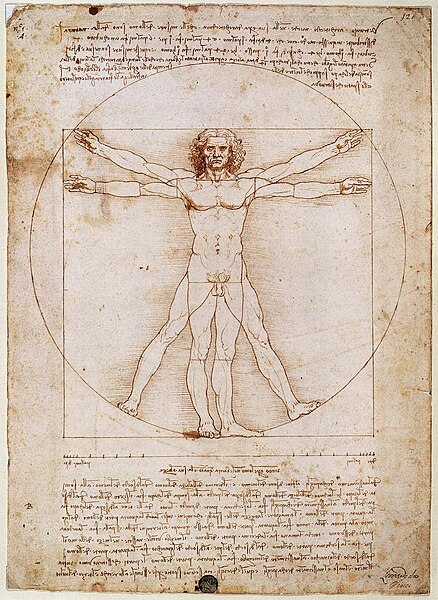 |
| Photo: Nick See |
It is inspired by some thoughts I've been having related to the validity of the Anthropic Principle (the subject of my last post), inspired by the comments left by Callum J Hackett on that post.
Suppose the nation of Foobar has a national lottery, but the way it works is that every single day, one of the citizens is chosen at random to win a big prize.
Now suppose that the nation of Foobar has an arbitarily huge number of citizens (say a Googolplex).
I'm going to try to persuade you to believe two completely opposing conclusions about the possibility of believing that you have won this lottery. One of these conclusions is true, and one of them is false. See if you can tell which is which.



